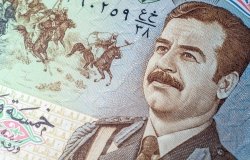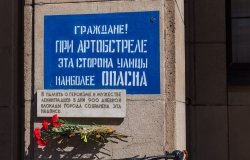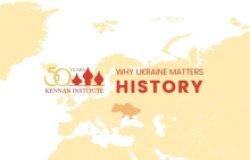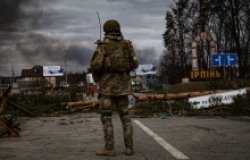#95 Armed Forces and Politics in Brazil, 1930-1945
By Jose Murilo de Cavalho
The paper discusses the transformation of the Brazilian armed forces, particularly the army, into a crucial political actor during the period 1930-1945. This transformation involved changes in the dimensions and structure of the military organization, in its ideology, and in its relations with state and society. Out of the political turmoil that followed the 1930 revolution, and for which the army was in part responsible, a military faction, playing on the interests of the organization as a whole, was able to establish its hegemony and conceive of a project of political intervention that was to affect many sectors of national life. The development of this project coincided with the growth of the role of the state and with the need to cope with the increasing importance of political mobilization.
The paper also briefly suggests that a dynamic similar in its military and political components to that which led to the Estado nova dictatorship of 1937 can be found in the events that preceded the 1964 military takeover.
Related Programs

Latin America Program
The Wilson Center’s prestigious Latin America Program provides non-partisan expertise to a broad community of decision makers in the United States and Latin America on critical policy issues facing the Hemisphere. The Program provides insightful and actionable research for policymakers, private sector leaders, journalists, and public intellectuals in the United States and Latin America. To bridge the gap between scholarship and policy action, it fosters new inquiry, sponsors high-level public and private meetings among multiple stakeholders, and explores policy options to improve outcomes for citizens throughout the Americas. Drawing on the Wilson Center’s strength as the nation’s key non-partisan policy forum, the Program serves as a trusted source of analysis and a vital point of contact between the worlds of scholarship and action. Read more

Brazil Institute
The Brazil Institute—the only country-specific policy institution focused on Brazil in Washington—works to foster understanding of Brazil’s complex reality and to support more consequential relations between Brazilian and US institutions in all sectors. The Brazil Institute plays this role by producing independent research and programs that bridge the gap between scholarship and policy, and by serving as a crossroads for leading policymakers, scholars and private sector representatives who are committed to addressing Brazil’s challenges and opportunities. Read more










